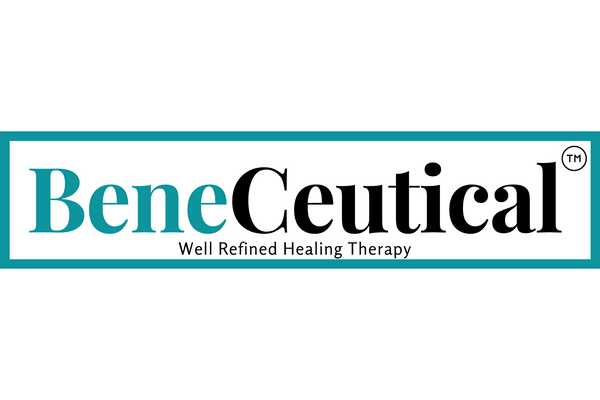Exploring Stearic Acid: A Key Ingredient in Supplement Manufacturing
Stearic acid is a familiar name in the manufacturing and food industries, commonly used for its essential properties and versatility. As a type of saturated fatty acid, it plays a significant role in a variety of products, especially supplements, due to its stabilizing properties and role as a binder. But what exactly is stearic acid, and where does it come from?
What is Stearic Acid?
Stearic acid is a naturally occurring, long-chain fatty acid found in animal fats, plant oils, and various other sources. In the world of chemistry, it’s known as octadecanoic acid, a compound characterized by a chain of 18 carbon atoms. This structure makes it one of the more stable fatty acids, meaning it doesn’t readily oxidize or become rancid, which makes it ideal for long-lasting products.
Origins of Stearic Acid: Where Does It Come From?
Stearic acid can be found in a variety of natural sources:
- Animal Fats: Beef, pork, and other animal fats contain high levels of stearic acid.
- Plant Oils: Palm oil, cocoa butter, and shea butter are rich plant-based sources. These sources are typically preferred for vegan or vegetarian products.
- Synthetic Sources: Although less common, stearic acid can be synthesized in laboratories for industrial uses. This is often seen in applications outside of food and supplements.
How Stearic Acid is Made
Stearic acid is extracted from fats and oils through a process called saponification. In this process, fats or oils are combined with an alkali, such as sodium hydroxide, to break down the triglycerides into fatty acids and glycerol. Stearic acid is then purified through a process called distillation, yielding a high-purity product.
When it comes from animal sources, the stearic acid extraction process is similar, but many manufacturers like BeneCeutical use plant-derived sources like palm oil or cocoa butter to create vegan-friendly products, especially in the supplement industry.
Is Stearic Acid Natural?
Yes, stearic acid is a natural substance. It is found in a variety of natural fats, both animal and plant-based. While some stearic acid on the market may be synthetic, the majority of stearic acid used in food and supplements comes from natural sources, ensuring it meets the standards required for human consumption and health supplements.
The Role of Stearic Acid in Supplement Manufacturing
In supplement manufacturing, stearic acid serves as an excipient, a substance that plays a supportive role in the formulation of tablets, capsules, and other supplement forms. Here’s a closer look at its functions:
1. Lubrication and Binding Agent: Stearic acid helps hold tablets together, ensuring the active ingredients stay compressed in a tablet form. It also prevents the ingredients from sticking to manufacturing equipment, streamlining production and allowing for consistent dosing.
2. Stabilizer: Stearic acid’s stability helps maintain the integrity of supplements during manufacturing, transportation, and storage. Its non-reactive nature keeps it from interfering with other ingredients, making it a reliable choice in complex formulations.
3. Controlled Release: Stearic acid can be used to create time-release formulations, which allow supplements to dissolve more slowly, offering a controlled release of nutrients over time rather than a quick absorption. This can be particularly beneficial in formulations where a gradual release enhances absorption or prevents nutrient degradation.
The Versatility of Stearic Acid in the Industry
Stearic acid’s utility extends beyond supplements, finding applications in cosmetics, candles, and soaps, where its stabilizing and thickening properties are equally valuable. However, in the health and wellness sector, stearic acid is prized for its natural origins and safe, effective use in tablets and capsules.
Consumer Concerns
Some consumers may express concern over the inclusion of stearic acid in supplements due to misconceptions about its origin or health impacts. While it is true that stearic acid is a saturated fat, studies indicate that it does not raise cholesterol levels like other saturated fats, making it safe for most people when used in supplement-grade formulations.
Final Thoughts
In summary, stearic acid is a valuable, naturally-derived ingredient that plays an essential role in supplement manufacturing. Its natural origins, stability, and unique properties make it a trusted choice for manufacturers. Whether derived from plant or animal sources, stearic acid ensures the quality and effectiveness of tablets and capsules in the health and wellness industry, helping supplements maintain their integrity from production to your daily routine.

